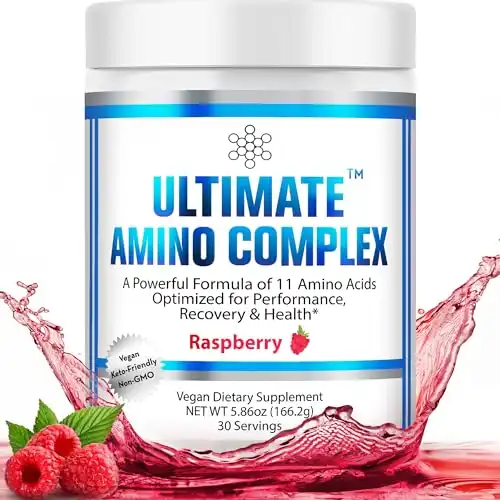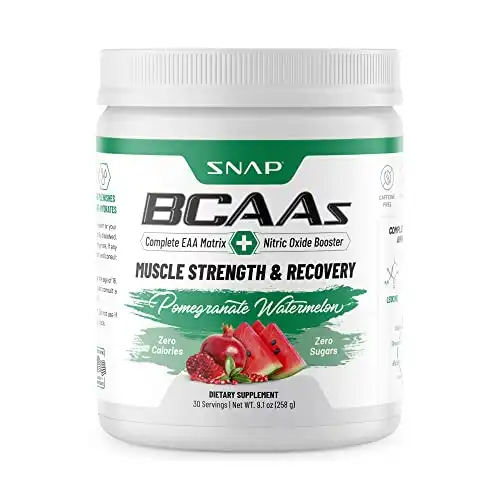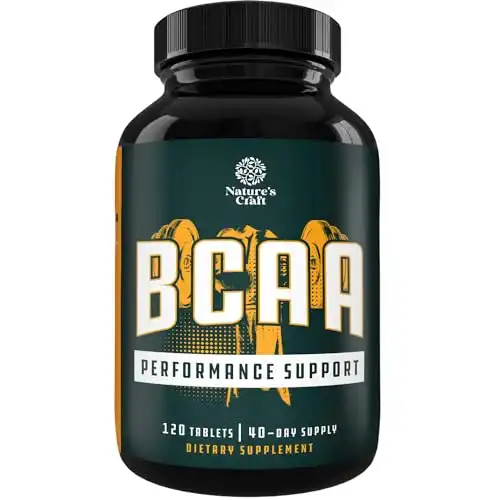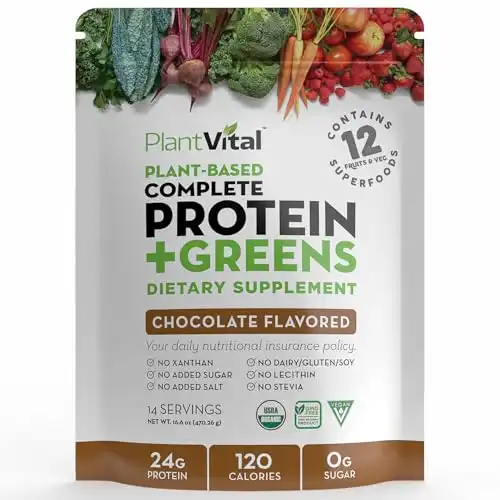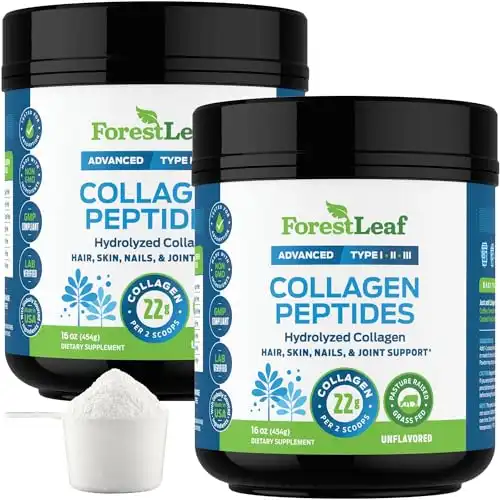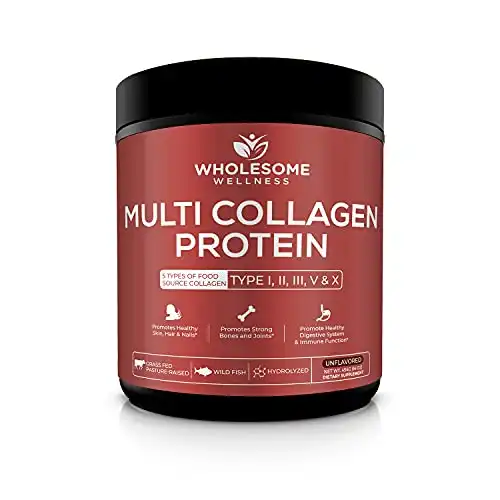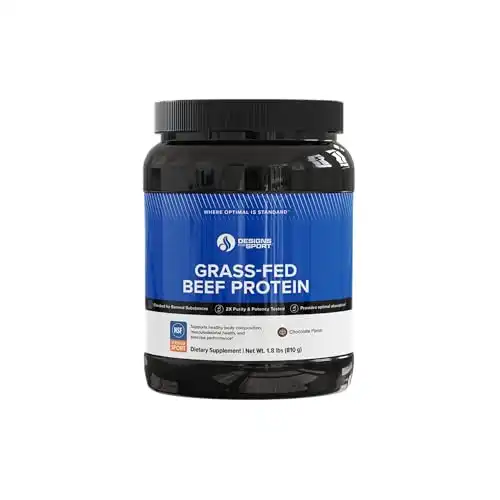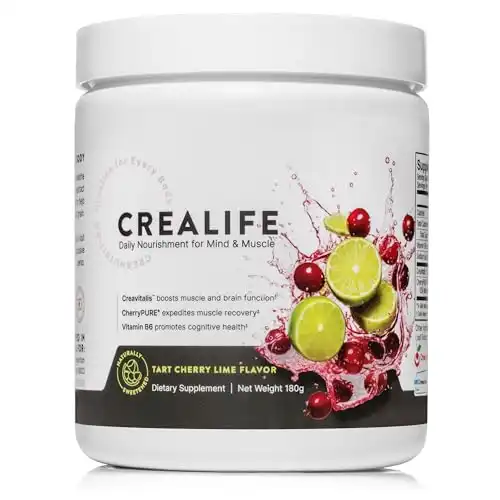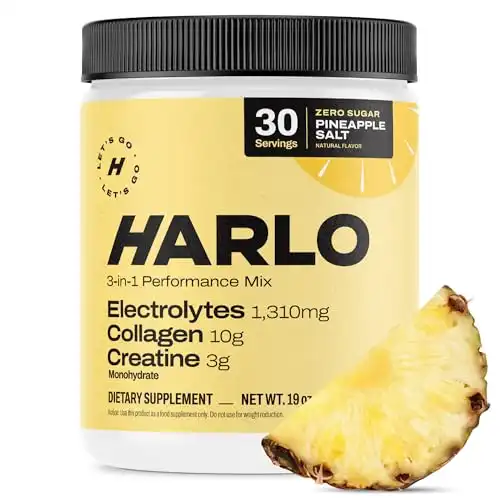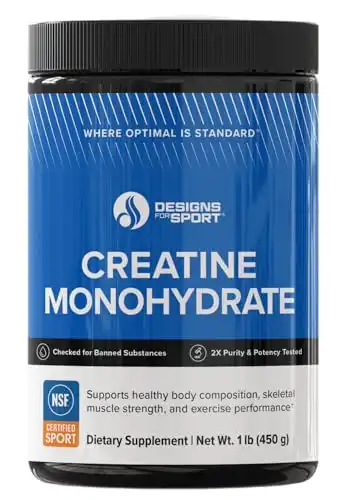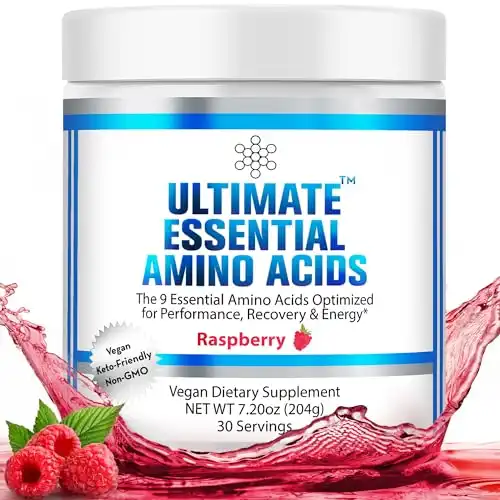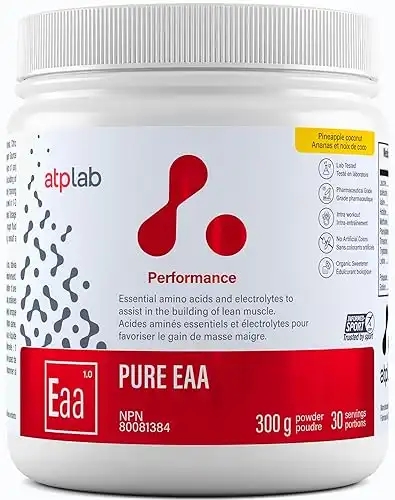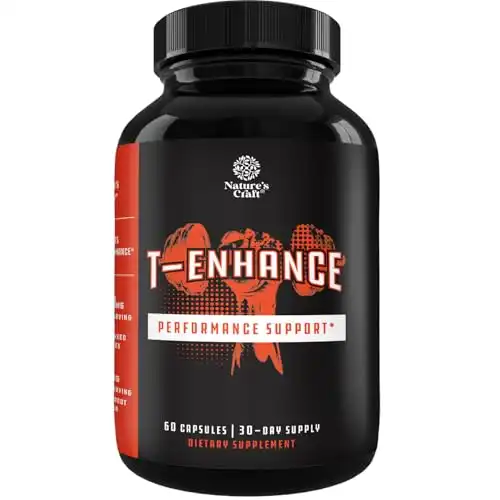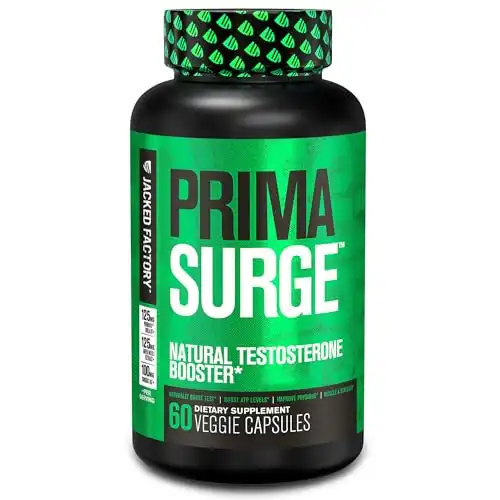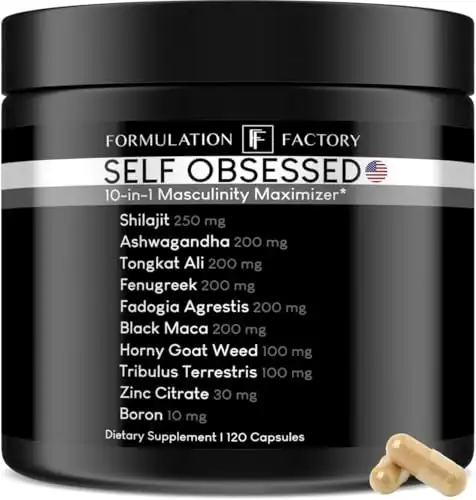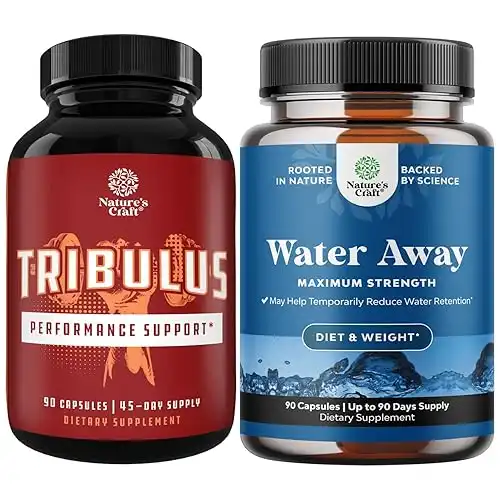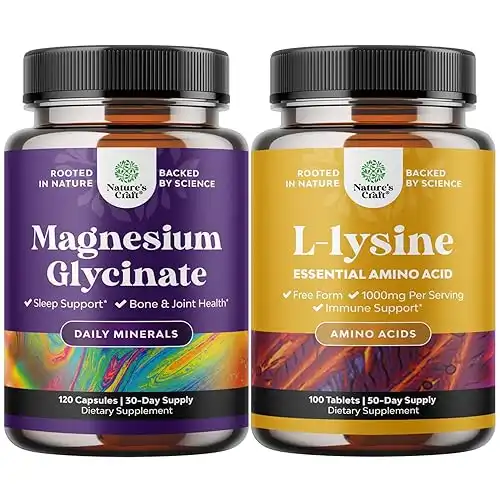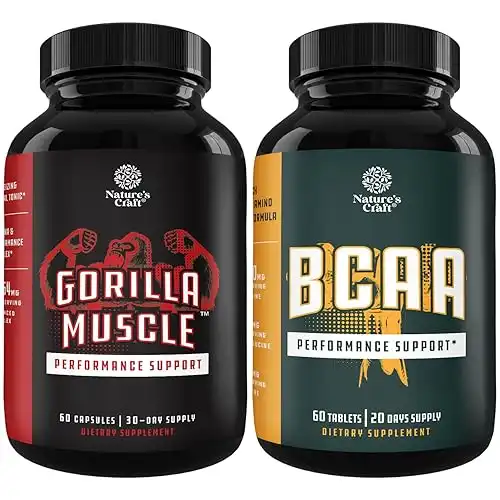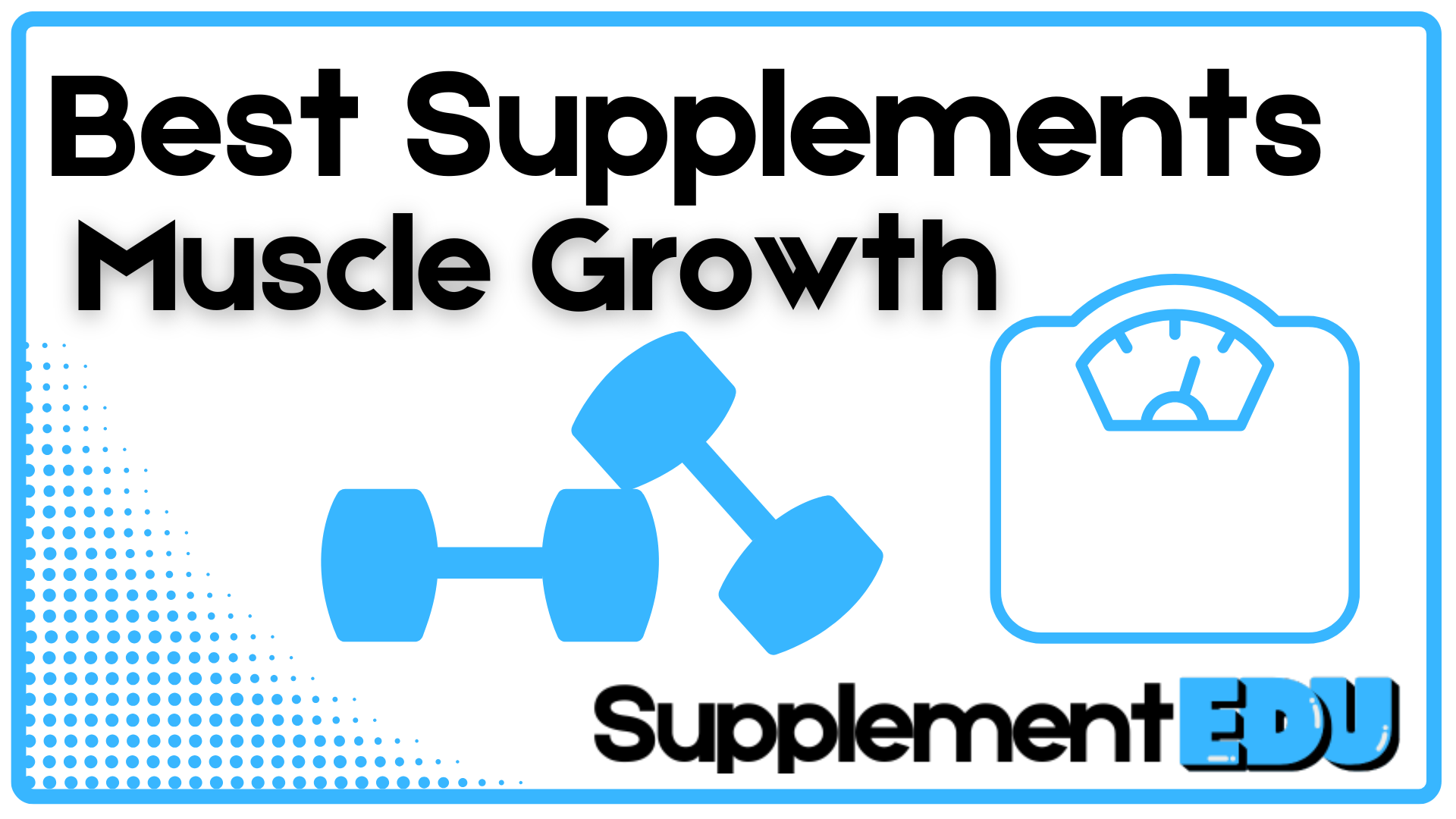
Introduction to Muscle Growth Supplements
Muscle growth supplements play a crucial role in the fitness community, especially among bodybuilders and fitness enthusiasts. These supplements support the physiological processes that drive muscle development and enhancement. In a well-structured fitness regime, they significantly accelerate muscle gains when paired with exercise and balanced nutrition.
The rising importance of muscle growth supplements stems from the increasing demands on individuals striving to enhance their physical performance. As training intensity increases, so do the body’s nutritional requirements, necessitating additional support to promote recovery and stimulate muscle hypertrophy. Common muscle growth supplements include protein powders, creatine, branched-chain amino acids (BCAAs), and various vitamins and minerals that support overall health and performance.
In recent years, the popularity of muscle growth supplements has increased significantly, reflecting a broader trend toward optimizing physical fitness. Many now acknowledge the potential benefits of these products, especially for enhancing strength and recovery times. When you consume these supplements in appropriate amounts, they deliver essential nutrients that may be absent in a typical diet, especially for those who participate in workout regimens. The convenience of these products facilitates easier incorporation – further promoting their among both novice and experienced athletes.
Best Protein Supplements for Muscle Building
Protein supplements are essential components in the pursuit of muscle growth, serving as a convenient source of the necessary macronutrient. Within the spectrum of available protein supplements, three dominant types emerge: whey, casein, and plant-based proteins. Each offers unique benefits that support growth, making them critical for both casual gym-goers and professional athletes.
Whey protein, derived from milk during the cheese-making process, is highly regarded for its rapid absorption rate. This characteristic makes whey an ideal post-workout supplement, as it supplies amino acids to the muscles almost immediately. Its high leucine content further stimulates muscle protein synthesis, making it a top choice for enhancing recovery after intense training sessions. Additionally, whey protein is versatile and easily incorporated into various recipes, from smoothies to baked goods.
In contrast, casein protein, also sourced from milk, is digested more slowly compared to whey. This slow-release effect provides a steady supply of amino acids over an extended period, benefiting muscle recovery during sleep. Using casein before bedtime can enhance muscle repair and growth overnight, thus maximizing the effects of training.
If you prefer a plant-based diet, consider plant-derived proteins like pea, rice, and hemp. These proteins offer a diverse range of amino acids and are easier to digest for those with lactose sensitivity. Mixing different plant-based proteins ensures a more complete amino acid profile, meeting your body’s needs for optimal muscle-building.
To maximize results, incorporate protein supplements into a balanced diet, aiming for a protein intake of approximately 1.6 to 2.2 grams per kilogram of body weight daily. Timing and dosage are crucial for muscle recovery, with many benefiting from consuming protein shortly after workouts. By understanding each protein type’s unique characteristics and effectively integrating them into dietary routines, individuals can enhance their muscle growth efforts.
Types of Supplements for Muscle Growth
To enhance muscle growth, various supplements provide the necessary nutrients and support the body needs. Understanding the different types of supplements helps athletes and fitness enthusiasts make informed decisions tailored to their goals. Here are five main types of key supplements: protein supplements, creatine, branched-chain amino acids (BCAAs), testosterone boosters, and vitamins.
Protein supplements repair and grow muscles by providing the building blocks necessary for synthesizing new muscle tissue. Common forms include whey protein, casein, and plant-based options like pea or soy protein. Each type supports muscle development through varying absorption rates and amino acid profiles, making it crucial to choose one that aligns with your dietary preferences and training regimen.
Creatine significantly enhances muscle strength and performance by increasing the availability of adenosine triphosphate (ATP) in muscle cells, promoting higher energy levels during intense workouts. This results in improved performance and accelerated muscle growth. Various forms of creatine, such as creatine monohydrate, are widely studied and show consistent benefits.
Branched-chain amino acids (BCAAs), including leucine, isoleucine, and valine, reduce muscle soreness, decrease fatigue, and stimulate protein synthesis. By integrating BCAAs into your supplement regimen, you can experience improved recovery times and a more substantial anabolic response during post-workout periods.
Testosterone boosters can also play a vital role in muscle development, especially in those looking to enhance their hormonal profile. These supplements can support natural testosterone production, which is pivotal for muscle mass accumulation and overall strength. Ingredients such as fenugreek and D-aspartic acid are commonly found in these products.
Lastly, vitamins and minerals serve as foundational elements that facilitate bodily functions, including muscle growth. Nutrients such as vitamin D, magnesium, and zinc are crucial for supporting overall health, hormone regulation, and muscle performance. Ensuring adequate intake of these vitamins can positively impact muscle development and recovery.
The Role of Creatine in Muscle Growth
Creatine is a naturally occurring compound found in small quantities in certain foods, such as red meat and fish. The body synthesizes creatine from amino acids and primarily stores it in skeletal muscle. For decades, researchers have extensively studied and widely utilized creatine in sports and fitness, particularly for muscle growth and improving athletic performance. Studies have consistently shown that creatine supplementation can enhance strength, increase lean muscle mass, and contribute to improved muscular endurance.
Understanding how creatine works is vital for maximizing its benefits. When you ingest creatine, your body converts it to phosphocreatine. This serves as a rapid energy source during high-intensity, short-duration exercises. This ATP (adenosine triphosphate) regeneration allows athletes to perform at higher intensities for longer periods. This increases workload and promotes muscle growth through progressive overload.
Optimal dosage of creatine supplements is typically set around 3-5 grams per day for maintenance. Some athletes start with a loading phase, taking 20 grams per day for the first 5-7 days to saturate their muscles quickly. Timing of creatine intake also matters. While some studies suggest post-exercise supplementation may be slightly more beneficial, consistent daily intake generally yields positive results.
Creatine enhances strength and supports muscular endurance by reducing fatigue during exercise. It is particularly beneficial for sports involving repeated bouts of high-intensity efforts, such as sprinting or weightlifting. Furthermore, emerging research indicates potential neuroprotective effects, indicating that creatine supplementation may extend its benefits beyond muscle growth alone.
Benefits of BCAAs for Muscle Recovery
Branched-chain amino acids (BCAAs) play a crucial role in supporting muscle recovery following intense physical activity. BCAAs consist of three essential amino acids—leucine, isoleucine, and valine. The body metabolizes them primarily in muscle tissue rather than in the liver. This allows them to be available for muscle repair and growth, making them a popular choice among fitness enthusiasts.
One significant benefit of BCAAs is their ability to reduce muscle soreness after rigorous exercise. Research indicates that supplementing with BCAAs can decrease delayed onset muscle soreness (DOMS), a common phenomenon experienced following intense workouts. By minimizing muscle damage and inflammation, BCAAs contribute to faster recovery times. This enables athletes to return to their training regimens sooner and continue progressing toward their fitness goals.
BCAAs alleviate soreness and stimulate protein synthesis, which is vital for muscle repair. Leucine, in particular, plays a pivotal role in activating the mTOR pathway, a critical signaling mechanism that promotes muscle growth. Incorporating BCAAs into a post-workout nutrition plan may enhance recovery and support subsequent training sessions, allowing for increased performance over time.
To incorporate amino acid body proteins effectively into a fitness routine, athletes can consider various methods. BCAA supplements come in powder, capsule, and tablet forms, making them easy to consume before, during, or after workouts. Additionally, BCAAs are found in protein-rich foods like lean meats, dairy products, and eggs, providing a natural source of these essential amino acids. Ultimately, the integration of BCAAs into a balanced and strategic nutrition plan can enhance muscle recovery and overall athletic performance.
The Impact of Testosterone Boosters
Testosterone plays a pivotal role in muscle development, serving as a critical hormone that influences muscle growth, strength, and recovery. As men age, testosterone levels typically decline, which can hinder physical performance and muscle-building capabilities. This decrease often leads to increased body fat, decreased energy levels, and diminished libido. Consequently, many individuals seeking to enhance their muscle growth often explore testosterone-boosting supplements to counteract these effects and promote better muscle gains.
Natural testosterone boosters come from herbal sources and nutrients that stimulate the body’s own production of testosterone. Key ingredients often include fenugreek, D-aspartic acid, and zinc, which enhance testosterone levels. Fenugreek improves hormonal balance and boosts libido and strength in resistance training. D-aspartic acid helps release hormones that stimulate testicular function, effectively increasing testosterone levels.
While effective, consider safety and potential side effects of testosterone therapy. Many natural supplements are generally safe for consumption. Users should remain aware of recommended dosages and individual health conditions. Some may experience side effects like increased aggression, restlessness, or mood swings. Consult a healthcare professional before starting any supplementation regimen, especially if you have underlying health issues or take prescription medications.
Essential Vitamins and Minerals for Muscle Growth
Muscle growth relies on essential vitamins and minerals, not just protein intake and exercise. Critical nutrients for muscle development include vitamin D, magnesium, and zinc. Each plays a unique role in optimizing bodily functions linked to muscle repair and growth.
Vitamin D, the “sunshine vitamin,” is crucial for calcium absorption and bone health, fundamental to muscle function. Studies indicate that vitamin D deficiency may contribute to muscle weakness and hinder recovery. Vitamin D also plays a role in testosterone production, vital for muscle synthesis. Ensure sufficient vitamin D levels through moderate sun exposure, dietary sources like fatty fish, or supplementation when necessary.
Magnesium is another essential mineral that supports muscle contractions and energy production, which are vital during physical activities. It aids in the conversion of food into energy and plays a crucial role in protein synthesis. A deficiency in magnesium can lead to muscle cramps and fatigue, negatively impacting workout performance. Foods rich in magnesium, such as leafy greens, nuts, seeds, and whole grains, should be integrated into the diet. Additionally, supplementation may be beneficial for those with increased physical demands.
Lastly, zinc is often overlooked but is equally important for muscle growth. It is involved in numerous enzymatic reactions related to protein synthesis and muscle repair. Zinc scarcity can impair recovery and lead to hormonal imbalances that affect muscle health. Excellent sources of zinc include meat, shellfish, legumes, and seeds. Maintaining adequate zinc levels through a balanced diet or supplementation is vital for those engaged in intense training.
Making Informed Choices for Supplementation
As we have explored throughout this guide, the world of supplements for muscle growth is expansive and often overwhelming. Each individual has unique fitness goals, dietary restrictions, and physiological responses that necessitate a tailored approach to supplementation. Understanding these personal factors is essential in selecting the best products that will support your body’s needs effectively.
When considering supplementation, it is crucial to conduct thorough research, focusing on the quality and ingredients of the products available. Not all supplements are created equal; some may be backed by clinical research while others lack substantial evidence of their efficacy. Therefore, examining third-party testing and product reviews can provide valuable insight into the reliability and safety of a supplement.
Moreover, consulting with healthcare or nutrition professionals can help individuals make informed decisions tailored to their specific circumstances. These professionals can offer guidance on which supplements may be appropriate based on health history, dietary intake, and personal fitness goals. This step is critical in ensuring that supplementation promotes muscle growth without posing potential health risks.




